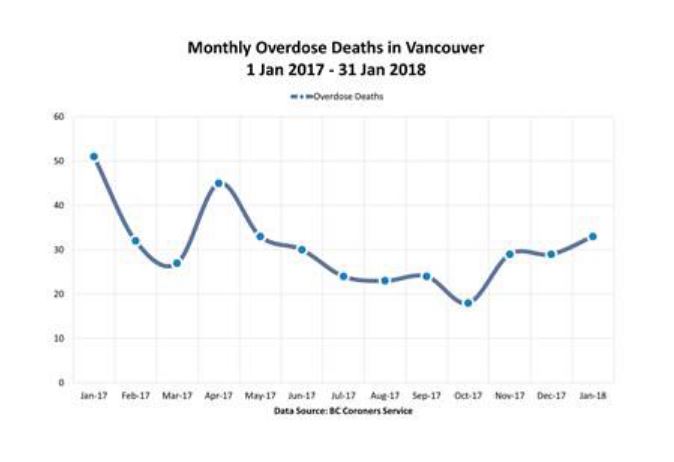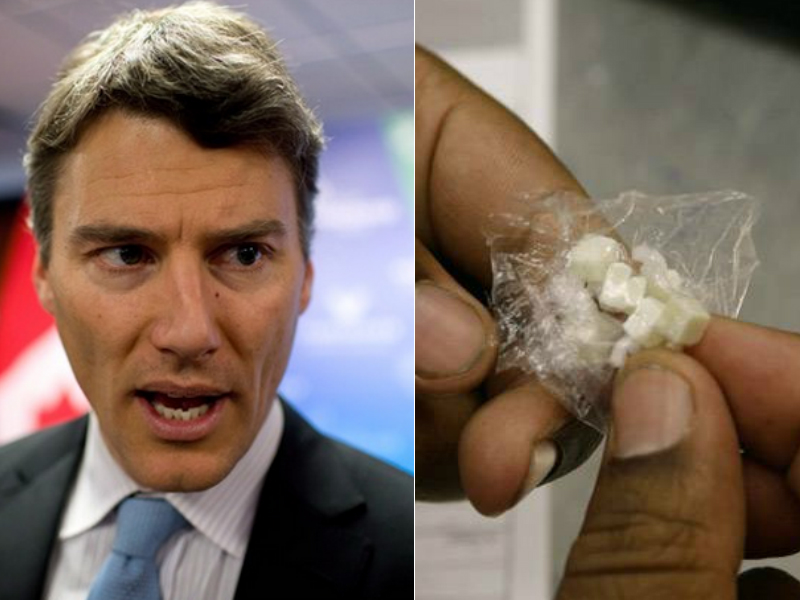The City of Vancouver is urging the federal government to immediately decriminalize personal possession of illicit drugs as it continues to grapple with the overdose crisis.

The city wants the government to create a task force to implement the change.
And the call came after January saw 33 recorded overdose deaths in Vancouver – the highest number the city saw since May 2017.
“We are witnessing a horrific and preventable loss of life as a poisoned drug supply continues to kill our neighbours, friends and family,” Vancouver Mayor Gregor Robertson said in a news release.
“We are urging the government to take the next step and regulating all illicit substances,” said Mary Clare Zak, managing director, social policy and project division at Vancouver’s Healthy City Strategy and Social Policy department.

“People are dying, and they are dying at epidemic proportional rates, we really have to ask the people of Canada ‘are we going to continue to accept this and take the status quo or are we going to take a number of steps, including this one, to actually address the crisis and save people’s lives?’”
Zak said the focus of the opioid crisis should be health, not criminality.

Get breaking National news
“We do know that if illicit drugs are criminalized, which they are, it drives people underground, it creates the situation that we actually have even in Vancouver where people are using alone and they are buying drugs that are tainted, poisoned,” she said.
WATCH: Global News coverage of B.C.’s overdose crisis
Data from the BC Coroners Service showed 365 people died of an illicit drug overdose in Vancouver last year; that’s an average of one death per day.
Zak said the crisis is also putting lots of pressure on first responders.
She said Vancouver Fire and Rescue Services have received about 100 overdose-related calls every week so far this year.
Even though Prime Minister Justin Trudeau has said he’s not looking to decriminalize harder drugs, Zak said the severity of the crisis calls for more drastic measures.
Robertson said the city will continue to push for “bold solutions.”
There were 1,422 overdose deaths in 2017, making it the deadliest year for overdose deaths in the province’s history.





















Comments
Want to discuss? Please read our Commenting Policy first.